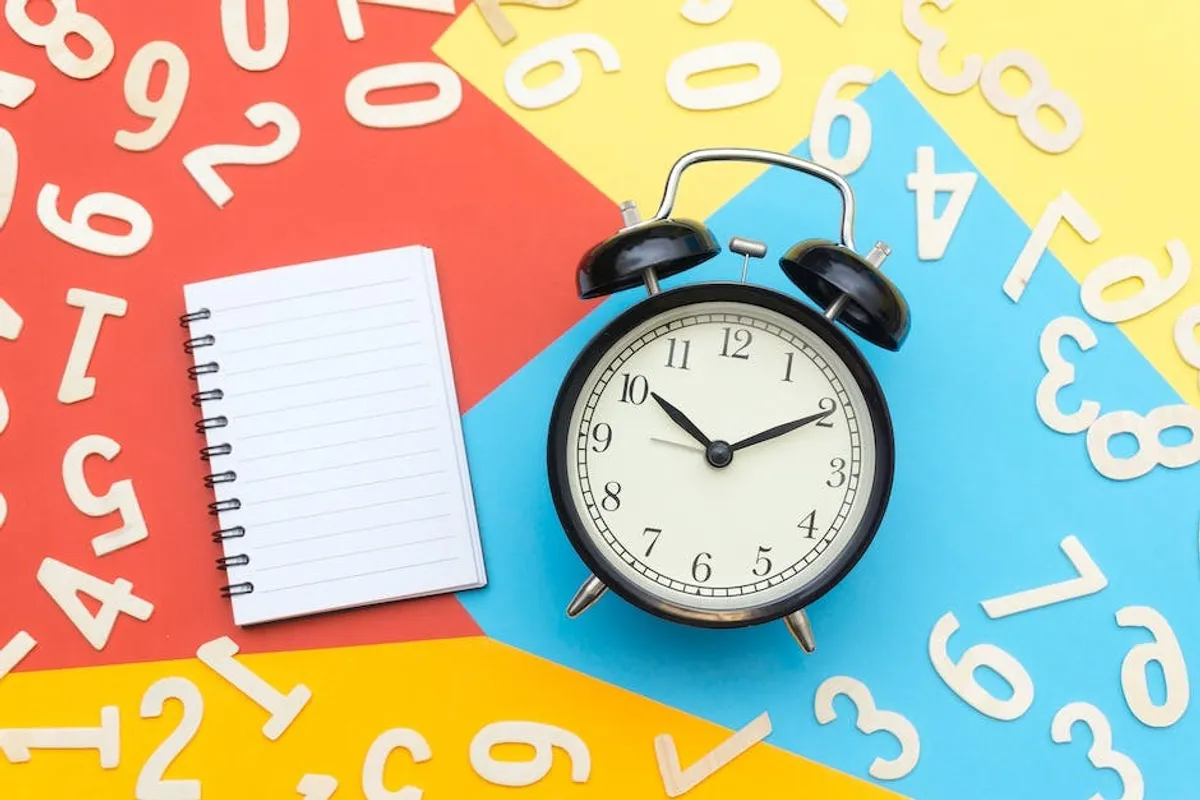Recovering from substance use disorder (SUD) and co-occurring mental health issues involves making important lifestyle changes. According to Substance Abuse: Research and Treatment, Research has found that individuals who are in recovery have up to 16 to 18 hours of new, unoccupied free time as they no longer require time spent for obtaining, using, and recovering from the effects of substances." The Redpoint Center in Longmont, Colorado, helps people in recovery establish healthy routines to fill their free time and reduce the risk of relapse.
Outpatient Treatment Supports Healthy Routines
Clients in non-residential treatment programs return home at night and during weekends. The additional freedom allows clients to establish healthier behaviors, habits, and routines. According to the previously mentioned article in Substance Abuse: Research and Treatment, The restructuring of time is important because of the potential unease that can prevail after abstaining from drugs and needing to create new or renewed patterns of habits and routines."
Outpatient treatment supports new routines by doing the following:
- Keeping clients accountable for their behaviors and choices
- Providing motivation and inspiration
- Guiding clients through creating positive habits
The care team and peers provide insights, advice, and encouragement to clients in recovery. Setting up and maintaining new routines is easier when clients have a strong support system to rely on.
3 Steps to Building a Healthy Routine
Building healthy routines takes time, dedication, and a willingness to make essential lifestyle changes. Some people don't know where to start. The care team provides information and resources to help people in recovery create healthy new routines. Below are three steps most people take when establishing new routines.
#1. Identify Areas You Want to Improve
The first step to setting healthy new routines is identifying areas to improve. New routines often replace maladaptive behaviors. Clients often benefit from incorporating their family members into the process of creating new routines. Individuals in non-residential treatment may have more distractions and less structure at home. However, family support makes it easier for people to establish new behaviors by providing additional accountability and motivation. Family members also have a better idea of what areas need to be changed to facilitate healthier living.
Some of the most common areas people change during treatment include:
- Who they spend time with socially
- Where they go during their free time
- What activities they focus on
- How they cope with stressors
Individuals reduce their risk of relapse and decrease symptoms of SUD by setting up new routines that minimize exposure to people, places, and things related to past substance misuse. For example, someone who previously misused substances with a friend group would develop new routines that avoid those individuals and encourage healthy social interactions with peers. The Redpoint Center guides clients through identifying areas they need to change.
#2. Create Sustainable and Realistic Goals
New routines only work if they are sustainable long-term. Setting unrealistic or unsustainable goals sets people in recovery up for failure and may increase the risk of relapse by causing emotional distress. Focusing on attainable routines sets realistic expectations and reduces stress.
Some people may have difficulty creating sustainable goals. The SMART goals acronym is one way to identify if a goal for new routines is sustainable. SMART stands for:
- Specific
- Measurable
- Achievable
- Relevant
- Time-Bound
Having a goal in mind when creating new routines increases motivation and focus. People in recovery use the SMART acronym as a guideline and reminder of what to consider when setting goals for new routines.
#3. Motivate Yourself to Maintain Healthy Routines
Finding proper motivation is a critical step in maintaining new routines. Studies have shown that uccessful SUD treatment approaches acknowledge motivation as a multidimensional, fluid state during which people make difficult changes to health-risk behaviors, like substance misuse."
Some of the most common motivations people use to make healthy changes include:
- Improving relationships with friends and family
- Increasing physical, mental, and spiritual health
- Achieving life goals or pursuing life passions
Everyone has something they find inspiring and motivating. The care team at The Redpoint Center helps clients discover those motivations and use them to make healthy lifestyle changes.
How Does The Redpoint Center Help Clients Develop Healthy Routines?
Substance misuse often permanently affects the reward center in the brain, making it more difficult for some people to make necessary changes. According to the National Institute on Drug Abuse (NIDA), he brain of someone who misuses drugs adjusts by producing fewer neurotransmitters in the reward circuit, or by reducing the number of receptors that can receive signals. As a result, the person's ability to experience pleasure from naturally rewarding (i.e., reinforcing) activities is also reduced."
The Redpoint Center provides clients with the support and tools they need to build new routines and create healthier futures for themselves and their families by doing the following:
- Providing evidence-based and alternative therapies
- Helping clients build self-confidence and self-esteem
- Increasing positivity
- Providing guidelines for creating healthy goals and routines
The care team works with each client to ensure they have the resources to develop healthier patterns of behavior to support long-term recovery.
Routines are essential during recovery. The familiarity and comfort of routine reduces stress and helps people in recovery fill their time with meaningful and healthy activities. However, setting up a new routine is sometimes challenging for people in recovery. Some individuals may not know how to develop new routines. The support team at The Redpoint Center provides guidance and resources for clients in recovery. Clinicians walk clients through identifying areas in their lives that might benefit from different behaviors. Clients are encouraged to create new routines based on achievable, sustainable, and realistic goals. To learn more about The Redpoint Center and the programs we have to offer, call us today at (303) 219-0973.
